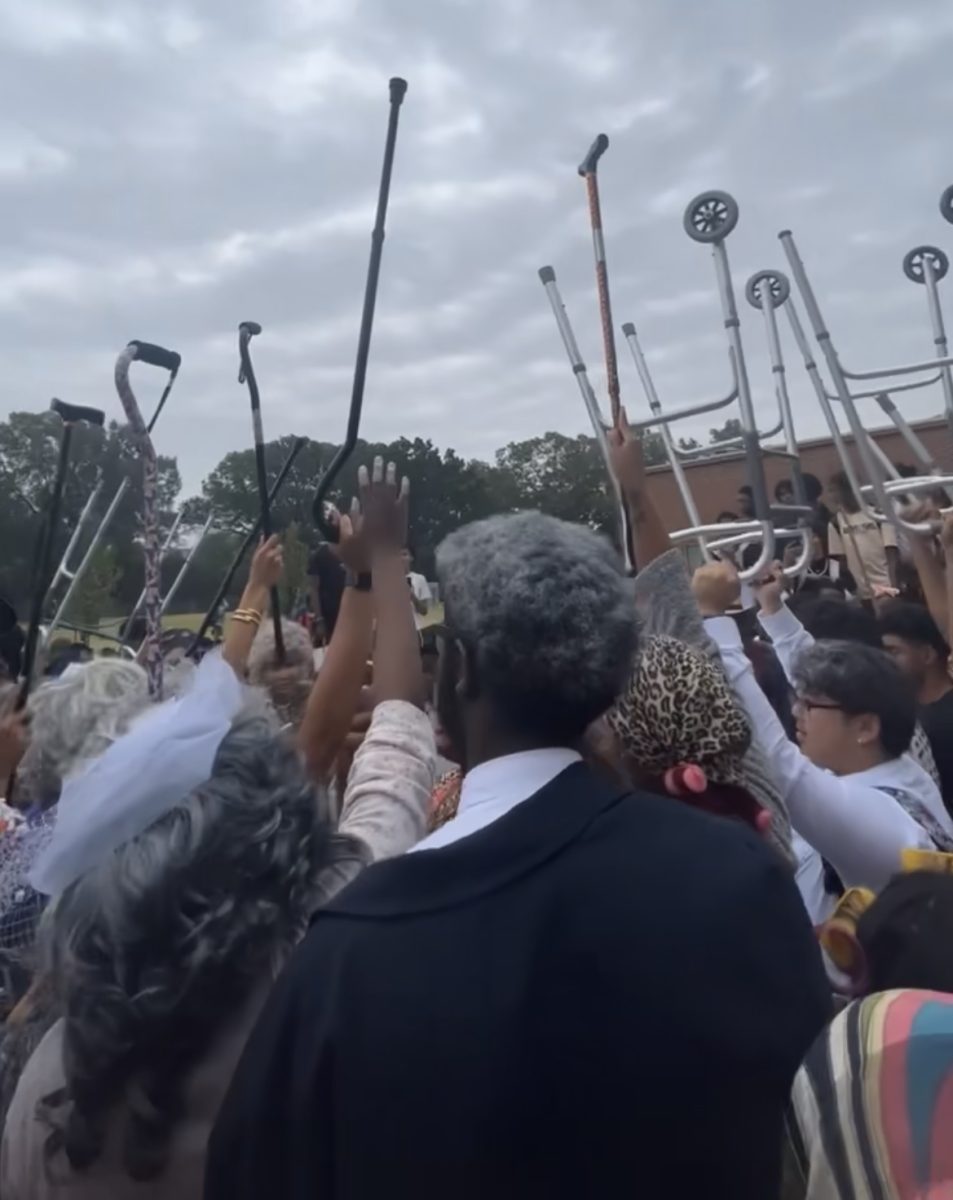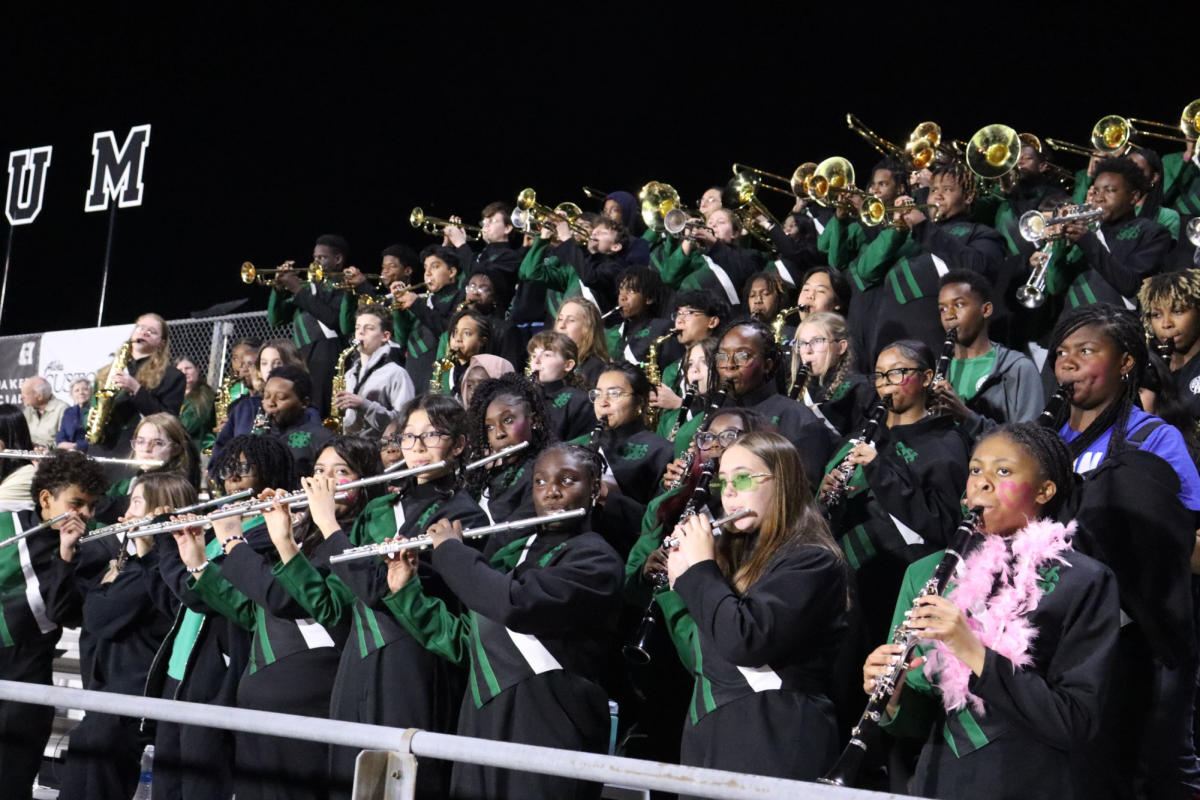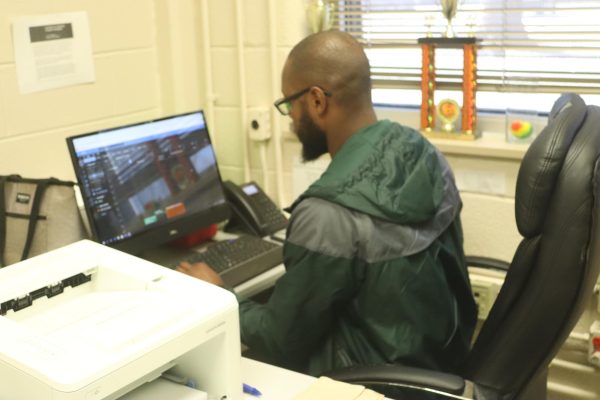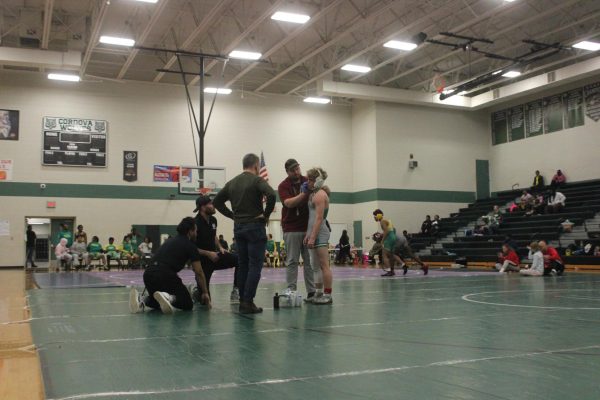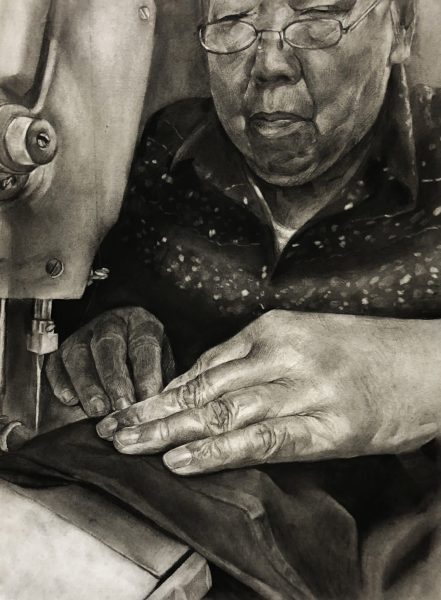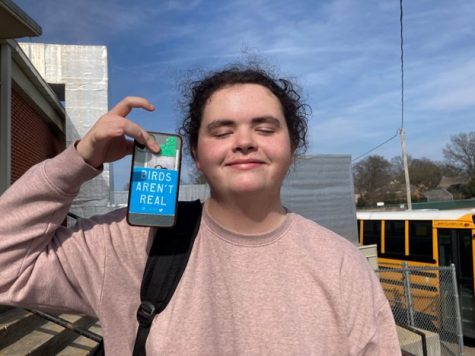How To…Grow Up
How To: Grow Up
By Marylynne Carmichael
Seniors, reflect on your freshmen year. Remember the awkward braces? The way you strived to fit in? The meeting to plan your high school career? Freshmen, look ahead. Envision the responsibilities? The amount of maturity you’ll gain? The diploma in your hand?
From freshmen to senior year, students go through a transformation. Whether it’s by appearance, maturity, or intelligence, we all change. And teachers most definitely notice.
“Students don’t stay the same from freshmen to senior year,” Rachel Kannady, ninth and tenth grade biology teacher, said.”Most [students] discover who you’re going to be. It’s not a finished product, but a good start.”
The motive of each grade differs tremendously as do maturities.
As a freshmen, you are new and experiencing a change from middle school. You get to hear the lovely “I hate freshmen” jokes. You’ve tacked on a few responsibilities but focusing on your grades and entering new clubs is the main thing.
As a sophomore, you know a lot more. You know short cuts around buildings, you’ve found your core group of friends and you’re participating in more clubs. And you finally get to participate in the “hating” of freshmen.
Academically, junior year is the hardest. You’re probably taking more AP classes or your first AP, so things are a bit more challenging. You might start driving, which is a huge responsibility. You’re searching for colleges and taking the ACT at least once. And you also get a small taste of senioritis.
Seniors. You’ve got to decide which colleges to apply to, and then apply to them. You’ve got to ask teachers for recommendations and fill out all their requests. You’ve got to keep your grades up, or else those colleges might not want you so much. You might have a job, and balancing a job, school and college applications is a tricky task.
Throughout the four years, you don’t really notice how different just your mindset or workload becomes. But as C.S. Lewis put it best: “Isn’t it funny how day by day nothing changes but when you look back everything is different?”
There’s so much that freshmen need in their next four years, it’s spectrum ranges from life lessons to the most obvious rules.
“Due dates are a practice and responsibility like bills…learning to talk to adults like grownups,” Kannady said when describing an imaginary “growing up” lesson plan for freshmen.
Dana Kraker said freshmen should know, “grades become permanent at the start of freshmen year.” And that the hardest thing for a student to learn in high school is to, “think about their future realistically.”
But we also learn important messages in high school. Something that Kraker discovered in high school that’s carried into her adulthood is “to be nice to the people around you.”
Something as simple as that has made a big impact on her life, so what you have learned or will learn in high school is pretty important.
Whether a freshmen, sophomore, junior or senior, we’ve all got some growing up to do. And while you might not notice it, your parents, siblings and teachers do.
So, expect change. Expect to become a senior and reflect on your high school career and see how completely different you are. Not just in looks or in intelligence, but in maturity and the amount of responsibilities you’ve taken on.
And seniors remember the old and make room for the new.
Your donation will support the student journalists of White Station High School. Your contribution will allow us to purchase equipment and cover our annual website hosting costs.




